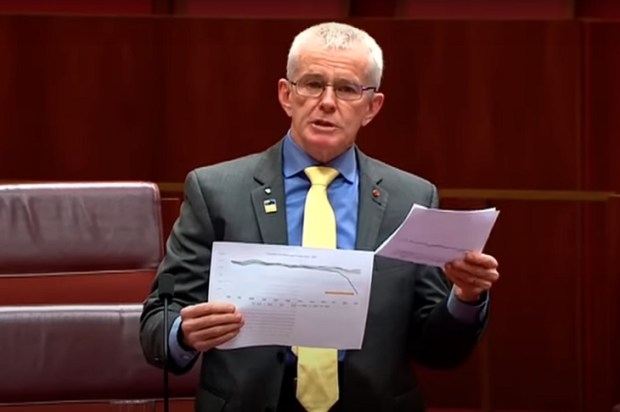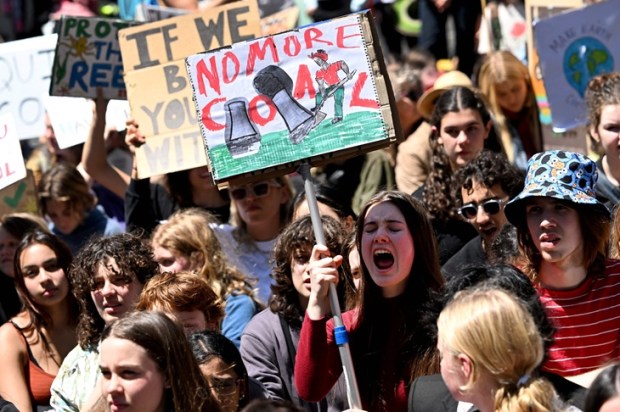Headlines such as, Democracy is at risk, Democracy in crisis, The risks facing Democracy, and Democracy is hanging by a thread have been thrown around ad nauseam. Similar headlines have been appearing in the media in the run-up to the US presidential election and are unlikely to abate, post-election.
This article considers how ‘democracy’ entered our lexicon; what it means to the average citizen; and how it has morphed into the headlines above.
Our modern understanding of democracy is Athenian Democracy, described in the World History Encyclopedia:
Athenian Democracy refers to the system of democratic government used in Athens, Greece from the 5th to 4th Century BCE. Under this system, all male citizens – the dēmos – had equal political rights, freedom of speech, and the opportunity to participate directly in the political arena.
The Assembly and Council.
The word democracy (dēmokratia) derives from dēmos, which refers to the entire citizen body, and kratos, meaning rule.
Two issues flowed from the above: first, the system comprised males only; and second, the translation of kratos is not ‘rule’ but ‘force/might’. The average citizen came to understand ‘democracy’ as the citizen body-force/might; or the force/might of citizens. Simply put, democracy was majority rule.
In Athens, any male citizen could participate in the main democratic body of the Assembly (Ekklēsia) and vote on decisions. The majority won the day and the decision was final. Matters discussed included the military, finance, food supplies, legislation, political trials, and signing treaties.
Below the Assembly was the Boulē or Executive Committee comprising 500 male citizens chosen to serve for a year. The Committee carried out the Assembly’s decisions.
Finally, there was the Dikasteria, or the law Courts, comprising 6,000 jurors and a body of chief magistrates chosen annually from males over 30 years of age. They ruled upon the Assembly’s decisions and laws.
Athenian democracy’s Assembly, Executive Committee, and Courts were male-only institutions. The role of Athenian women was to bear children. (By contrast, the women of Sparta could own land and, wait for it, drink wine. Fancy that!)
Ironically, the deity for democracy was the goddess Demokratia.
The average American citizen is entitled to believe that since Athenian democracy was decision-making by the ‘majority’ of voters – albeit males only – the US democracy, exercised at the ballot box, would produce a winning candidate from the majority of votes cast by men and women. But their belief would be misplaced because in the US election system, the winner is the candidate who garners the majority of the 538 Electoral College (EC) votes: which is 270. Ironically, a candidate could win a majority of the votes or the popular vote, yet lose the election because they did not win the States that could deliver the magic number of 270 EC votes. In 2016, Hilary Clinton won the popular vote yet lost the election, because the States she won did not have the 270 EC votes she needed for victory. Donald Trump won States that delivered him 304 EC votes and, in fairness, he also won a majority of 30 States.
The EC system is often criticised by the losing party whose candidate won only the popular vote but not the 270 EC votes: the system is un-democratic and should be changed. Hundreds of attempts to abolish or amend the Electoral College, have been unsuccessful.
Even if the average citizen accepted that presidential elections were never an exercise in democracy as they understand it, imagine their confusion at learning that voters in five or seven ‘swing’ States could decide the winner of the forthcoming election. While the voters in the other States are important, they will not will not decide the winner – the voters in the swing States, will.
The reasons the Founding Fathers eschewed democracy – as understood by the average citizen – are found in The Federalist Papers No 10, considered to be one of the most important documents in US political literature. In those Papers, James Madison, often referred to as the Father of the US Constitution, warned his colleagues against a democracy:
From this view of the subject it may be concluded that a pure democracy, by which I mean a society consisting of a small number of citizens, who assemble and administer the government in person, can admit of no cure for the mischiefs of faction. A common passion or interest will, in almost every case, be felt by a majority of the whole; a communication and concert result from the form of government itself; and there is nothing to check the inducements to sacrifice the weaker party or an obnoxious individual. Hence it is that such democracies have ever been spectacles of turbulence and contention; have ever been found incompatible with personal security or the rights of property; and have in general been as short in their lives as they have been violent in their deaths. Theoretic politicians, who have patronised this species of government, have erroneously supposed that by reducing mankind to a perfect equality in their political rights, they would, at the same time, be perfectly equalised and assimilated in their possessions, their opinions, and their passions.
So back to the headlines about democracy. The word ‘democracy’ as used by the media, is not even remotely connected with pure democracy or even representative democracy as exists in the US. The word has been hijacked by the political media (and some outside of it), who use it as a catch-cry for whatever event or issue they oppose. As a word, it has become whatever the media decides it will be, from one day to the next; from one article or TV program to the next; which is the reason it cannot command a proper definition. There may have been a time when such headlines caused citizens to sit up and take notice – to man the barricades; but that time has long passed. And while some are sufficiently energised to attend rallies and fundraisers, their attendance probably has more to do with a yearning to belong, than protecting a concept that defies description. The citizens equate such headlines with the cry of ‘wolf’, secure in the knowledge that, for all the moaning and hand-wringing about the imminent demise or threats to democracy, the US is still a vibrant society and the most powerful country in the world.
Because democracy as used by the media defies definition, perhaps its use in political discourse should be considered in the genre of a faux pas.

























